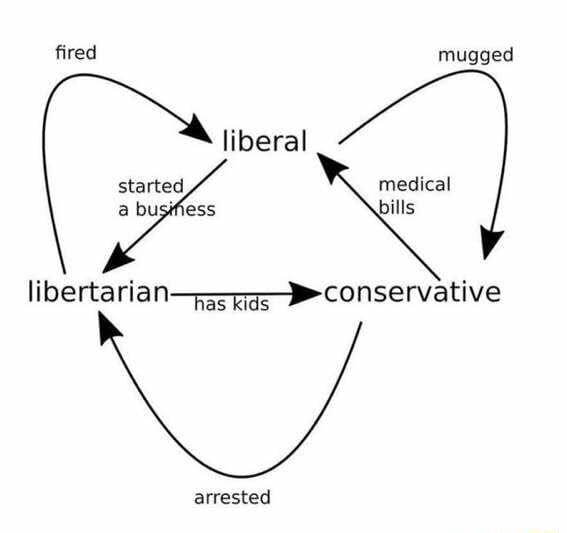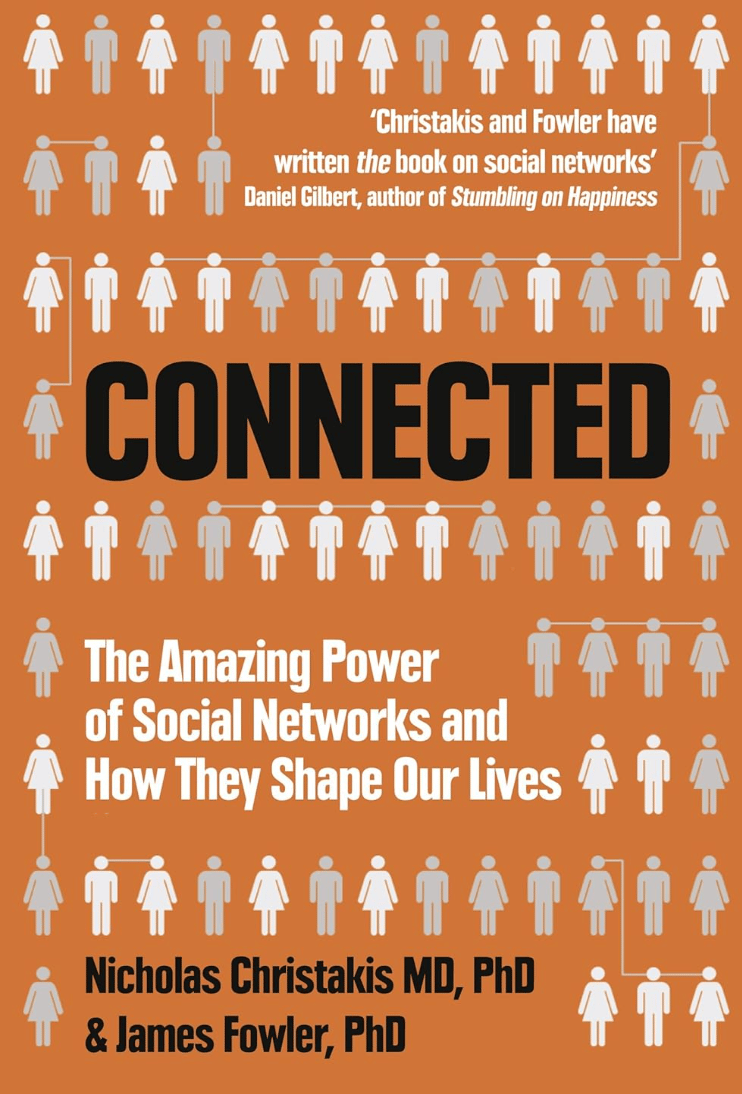- The Lindy Newsletter
- Posts
- How People Change Their Minds
How People Change Their Minds

One thing you learn as you get older is that people rarely hold stable beliefs.
Most people imagine themselves as creatures of conviction, walking around with coherent worldviews. Wrong. Their "beliefs" are provisional stories, narratives they cobble together from available information. Social media makes this worse. Everyone needs opinions on everything now. We are drowning in information. You can't say "I don't know", that makes you look stupid and uninformed. So you pick a side, any side, and pretend it's based on deep reasoning.
Consider the case of Drew Pavlou, a big account on Twitter. He has long argued that using violence to protect personal property was immoral. Then someone robbed him. Suddenly he supported deadly force for home defense.
What changed? Not the statistics or argument. He just got robbed.
What changed?
I got robbed.
— Drew Pavlou 🇦🇺🇺🇸🇺🇦🇹🇼 (@DrewPavlou)
2:49 PM • Jul 14, 2025
It reminds me of this legendary meme. Most peoples’ beliefs and positions are dynamic, not static. They are constantly in flux.

This is a common theme echoed in history. As Montaigne cites Cicero in his Essays:

Though, It’s wrong to call it hypocrisy. Many times changing your mind is in response to a changing environment.
Adaptive Nature of Changing Your Mind
Your beliefs operate like dynamic feedback systems, constantly recalibrating based on new data. They're thermostats, not monuments. Support criminal justice reform when your neighborhood feels safe? Wait until your car gets broken into. Suddenly aggressive policing doesn't sound so unreasonable.
When circumstances shift, especially through personal shock—beliefs reorganize with startling speed. The environment changes, so you adapt.
This is healthy. Yet people brag about never changing their minds like it's a virtue. "I've always believed..." they announce, as if intellectual rigidity demonstrates character.
When you claim "never," you're assigning zero probability to being wrong. But honest probability assessment includes uncertainty. The more complex the issue, the less certain you should be.
Most parts of life punish this kind of intellectual flexibility. You’re mostly paid to never change your opinion at work, or it costs you something.
As Rory Sutherland writes, "Business is the only area of human activity where you get paid to change your mind." Everywhere else, politics, academia, punditry, consistency is prized over adaptation.


Social Contagion of Belief
Here's the bad news, people rarely change minds through experience or compelling arguments. They change when their friends change.
We're fundamentally tribal creatures. Our beliefs cluster around our group identities, not evidence. When someone from the "other side" presents compelling data, we reject it, not because the argument lacks merit, but because it threatens our membership in the tribe.
You are more likely to change your mind from a bad argument from someone on your initial side than a good argument from someone on the other side.
— Nassim Nicholas Taleb (@nntaleb)
9:28 PM • Aug 12, 2018
Nicholas Christakis proved this with decades of research tracking social networks. Behaviors spread through social connections like viruses, reaching people you've never even met. "We discovered that if your friend's friend's friend gained weight, you gained weight. We discovered that if your friend's friend's friend stopped smoking, you stopped smoking. And we discovered that if your friend's friend's friend became happy, you became happy.”

Politics as Proof
You see it in politics all the time. Look at recent Pew Research data: from 2023 to 2025, young men shifted Republican by 44 points. Young women by 14 points. These aren't gradual generational changes, they're rapid social contagions spreading through demographic tribes in real-time.
Pew Research is showing some incredible partisan swings from 2023 to 2025.
18-29 Men: 🔴R+44
18-29 Women: 🔴R+14
30-49 Men: 🔴R+15
30-49 Women: 🔵D+3
50-64 Men: 🔴R+3
50-64 Women: 🔴R+1
65+ Men: 🔵D+6
65+ Women: 🔵D+2— Christian Heiens 🏛 (@ChristianHeiens)
7:50 PM • Jul 30, 2025
While we're on the subject of politics, here's a perfect example of how quickly beliefs can flip. Musk publicly stated he loved Trump "as much as a straight man can love another man."
I love @realDonaldTrump as much as a straight man can love another man
— Elon Musk (@elonmusk)
3:39 PM • Feb 7, 2025
Months later, he was calling Trump's spending bill a "disgusting abomination" and threatening to form a rival political party.
This reveals a paradox and hint on behavior change. The people who declare their positions most loudly are often the least committed to them. Musk's theatrical declaration of love should have been the warning sign. When someone performs conviction that dramatically, they're often convincing themselves as much as their audience.
Remember. Friends don't announce friendship, they just exist together. People who call you their friend are usually selling something. The same principle applies to beliefs. True convictions whisper. Fakery screams.
Most belief change doesn't happen through arguments or evidence. It happens through life. While we might change our political opinions based on social influence, the deeper shifts in values and priorities come from three predictable life transitions:
Aging
Money
Family